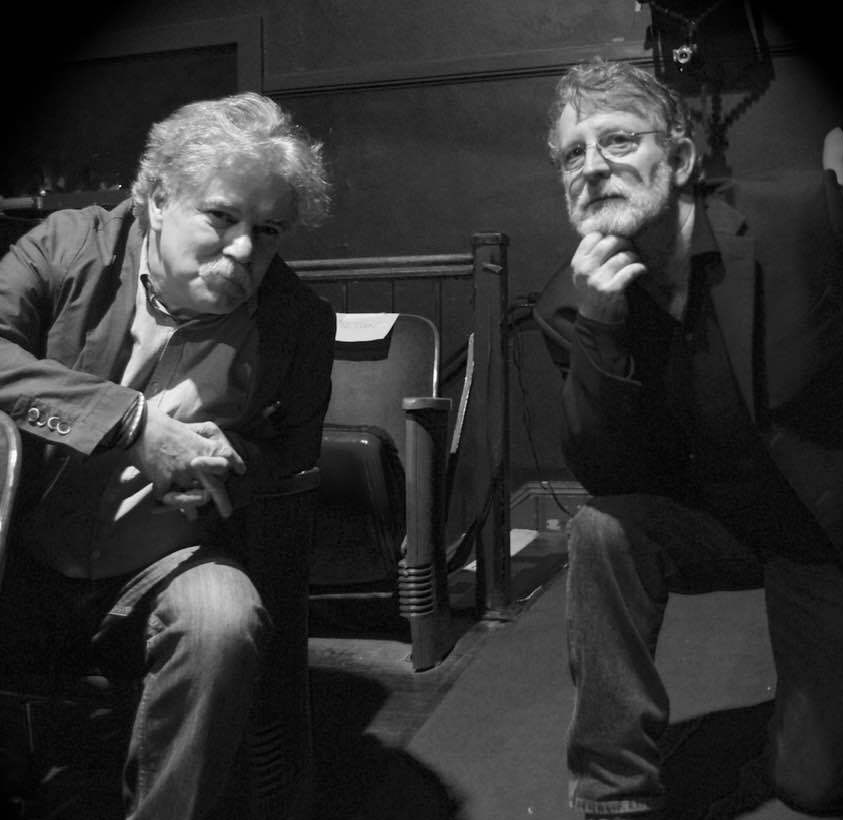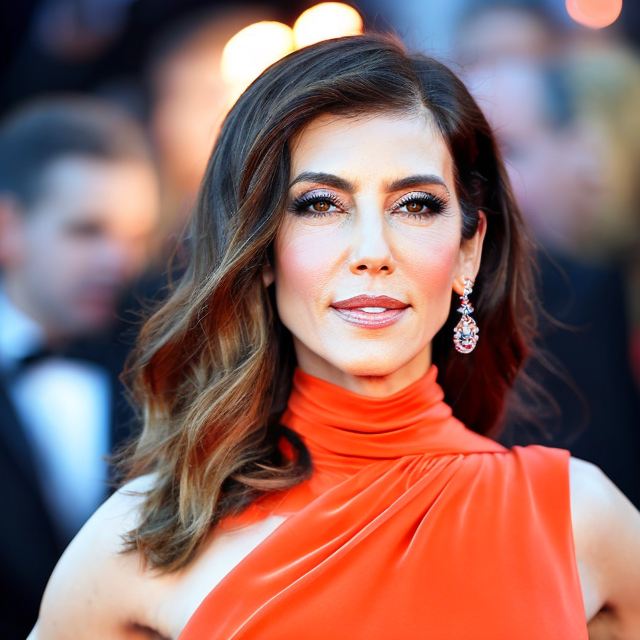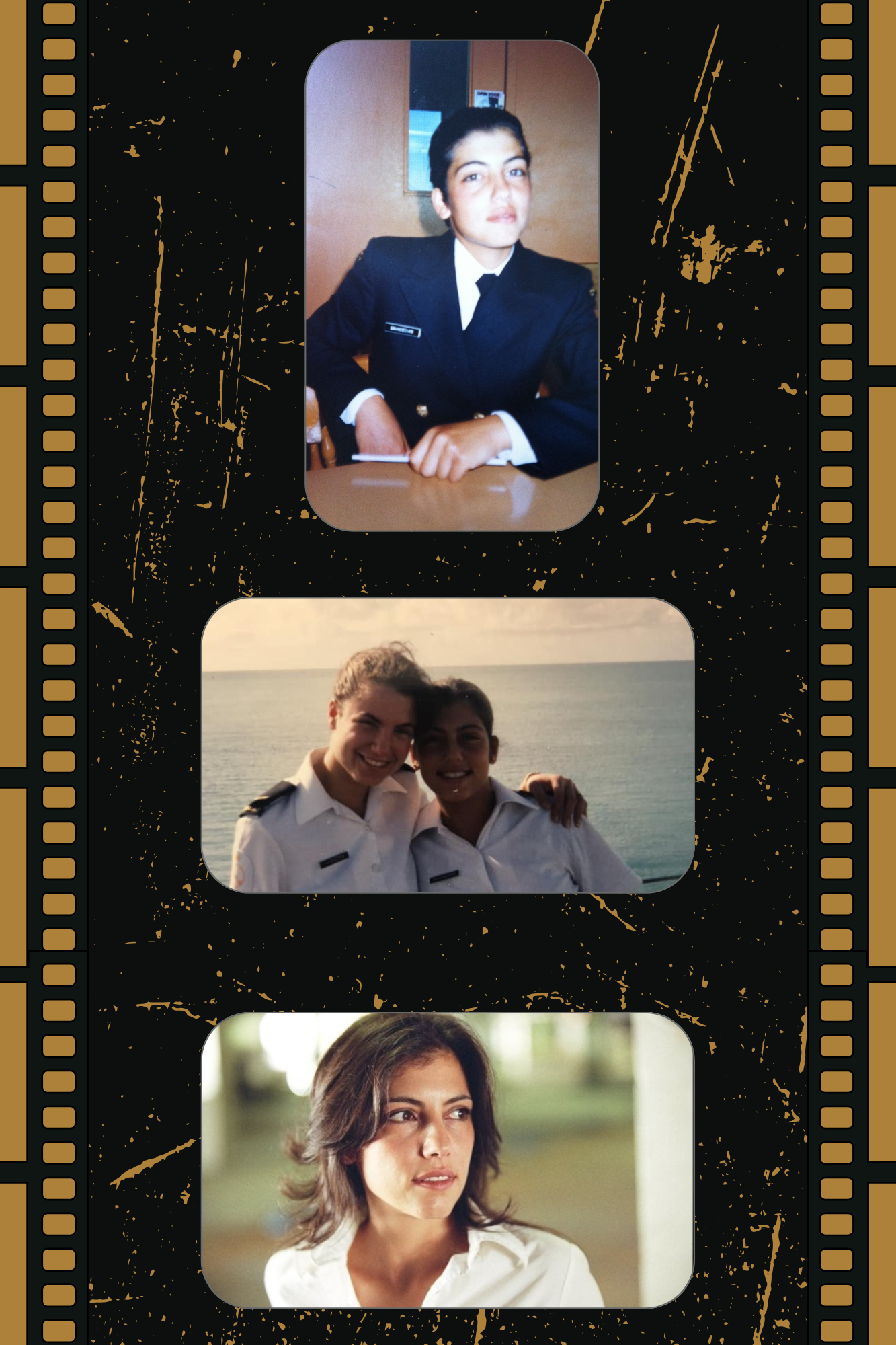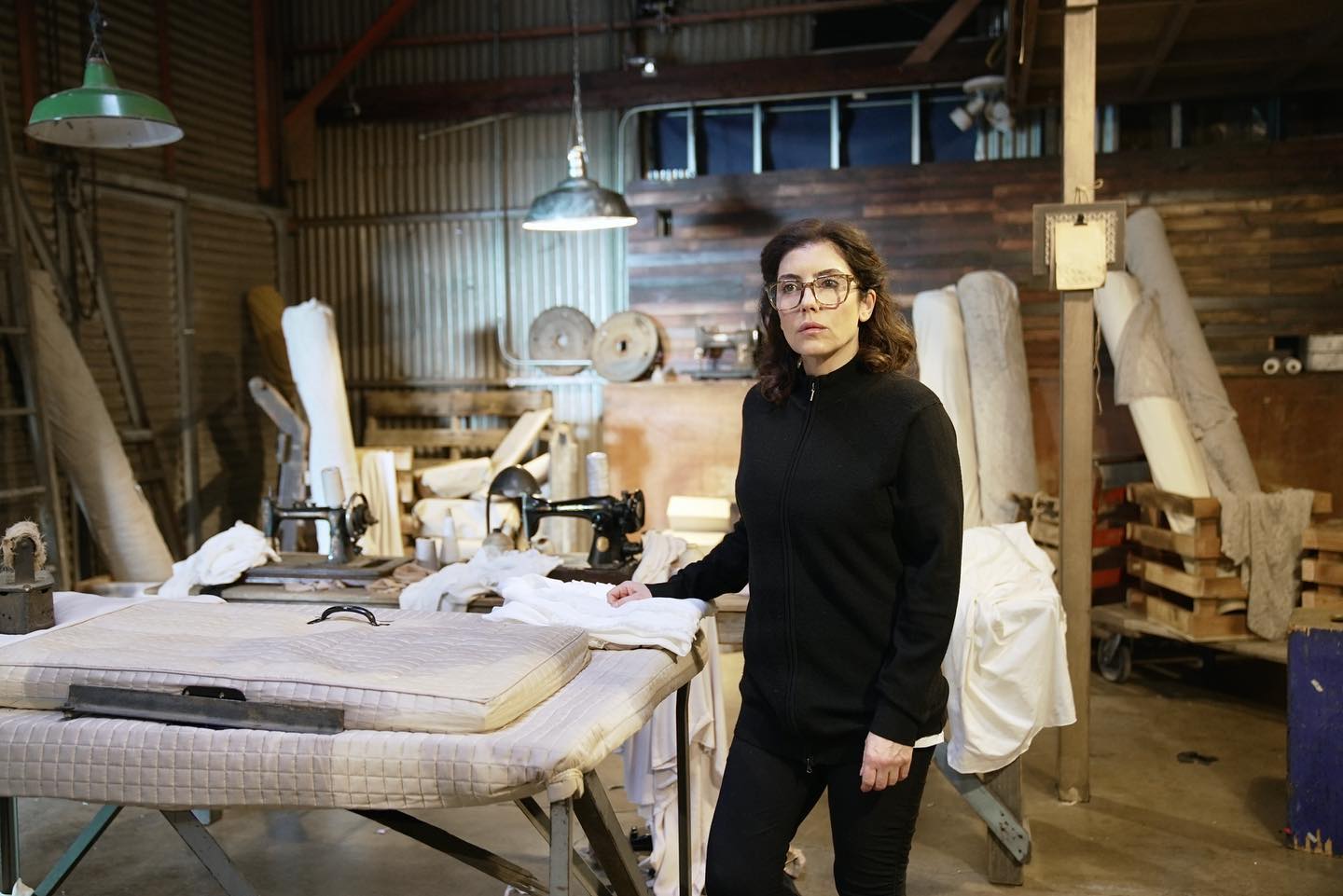It was 2004, and I was a Canadian actor chasing the dream, living in New York, fully immersed in the electric energy of the city. New York itself was already an actor’s dream—auditioning, training in Meisner, absorbing the brilliance of the great playwrights who had shaped American theater.
And then, through my great Meisner teacher Ron Stetson, I was introduced to the playwright Edward Allan Baker’s works.
When Stetson gave me a scene to work on from Baker’s Rosemary with Ginger, he opened a WHOLE new can of acting worms for me! The way Baker wrote dialogue, the way his characters spoke in simple, everyday words that carried a powerful undercurrent of so much more… this was my kind of stuff, I lived for this. My work deepened.
Then came the monologues.
When Stetson told us to bring in a monologue of our choosing, it wasn’t even a decision for me.
I didn’t choose the monologue from Face Divided —Baker’s character Debbie had already chosen me.
From the moment I had first read the play months earlier, a specific monologue had burned itself into me. It left an imprint so deep that I had been carrying it with me, saying the words at home, feeling them, embodying them before I ever had the opportunity to perform them. It was already alive in me, waiting for its moment to come out.
And when that day came, I didn’t hesitate.
When it was my turn, I got on stage, turned my back to the room, and grounded myself for a good minute.
And when I turned around, I delivered that monologue like a dragon breathing fire. I went ‘drakaris’ on my audience.
The voice that came out of me—I had never heard myself like that before. The entire room went silent.
And then Stetson said something I’ll never forget. He told the class, I always tell actors, never turn your back to casting or your audience… unless you’re going to do what Anne just did.
After that class, he pulled me aside and told me I was done.
I was done training.
It was time to fly.
Connecting To Baker
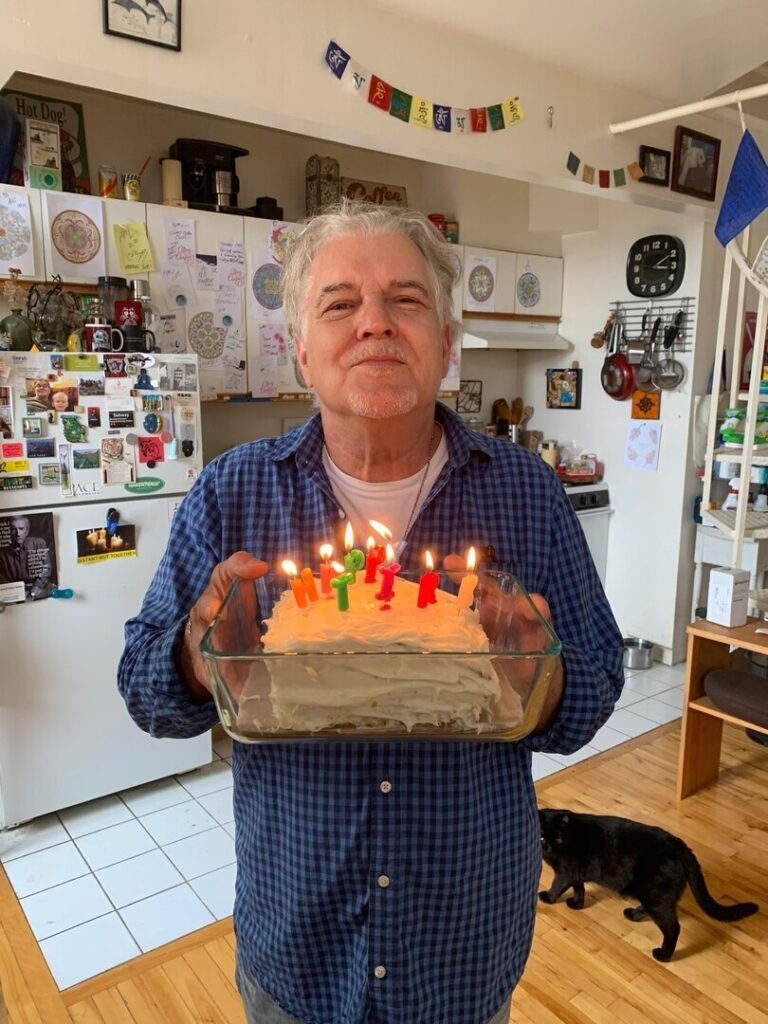
I had to tell Baker.
I kept talking about him constantly, going on and on about how brilliant his plays were. And when Stetson said, I know Baker. That was it. I asked Stetson for a way to contact him. I NEEDED Baker to know how much his plays had done for me. Took me a while, but one late night, on September 22, 2009, I finally wrote Baker an email:
Dear Mr. Baker,
I am writing you because all these years I have been meaning to let you know that your work has had a huge impact on mine. Stetson introduced me to your work when I was in New York in 2004-2005, and your stuff just absolutely blew me away. As an actor, the most incredible feeling is when you take it to the next level, and I definitely broke through a new level with your plays.
… Somehow, these simple everyday words in everyone’s vocabulary take on so much—such intensity—when you put them in a sentence. I feel fire in me when I read your work.
I really hope to meet you one day, Mr. Baker, and thank you in person for your sheer brilliance, heart, and talent.
About two months later, he responded!
… And to know that someone like you is out there defending and promoting my work, and picking up on the small statements, which might to some give the impression they’re throwaway lines, but they are not, and artists like yourself know they’re not. They’re clues to the larger body of pain, like when Rosemary says, What a life, or when Debbie says, Fucking people.
I refer to them as brushstrokes, and when one is fortunate enough to have worked with Stetson, a director who MISSES NOTHING, he would point out that those brushstrokes are really sighs—a momentary signal of their tiredness, frustration, and dissatisfaction with where they are.
10 Years Later
Fast forward nearly ten years later, in October 2019. I was scrolling through social media and saw a casting director post about how they didn’t want to see actors perform monologues—because acting, they said, was about listening and reacting in the moment. And I agreed… but I also disagreed. Because the right monologue? The right monologue is electric. The right monologue is everything.
So I responded:
Unless your response is a line from Edward Allan Baker… powerful, long, truthful, life-changing.
That moment reminded me of him, and I realized I hadn’t spoken to him in a long time. I was now living in LA, and I still had never met him in person. So I sent him another email, just to say thank you again—especially for his monologues.
He responded the very same day. He told me he was living in Brooklyn with his two cats, writing a new play, and teaching at the Actors Studio Drama School at Pace University. He was curious about what I had been up to—now that I was ten years older and, as he put it, wiser.
I wrote back, updating him on my life. But after that, I didn’t hear from him again. I didn’t press it—after all, the first time we emailed each other, a decade passed before we spoke again.
The Moment I Found Out
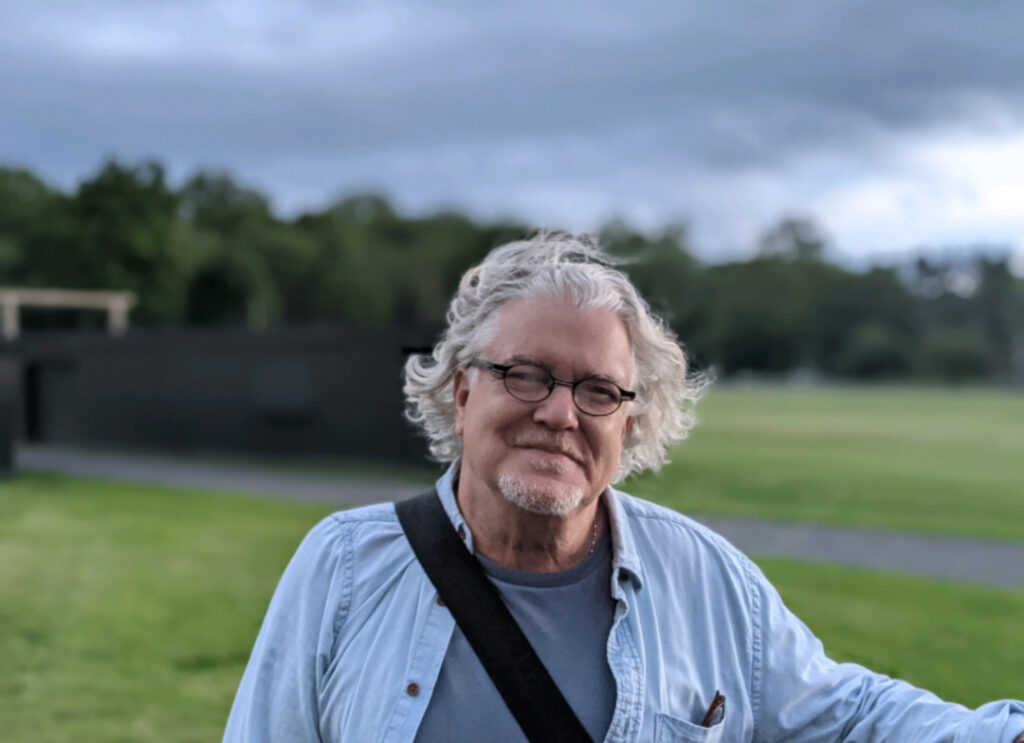
Then, in early 2022, I thought of him again. I decided to Google him.
And that’s when I found out. Edward Allan Baker had passed away on November 20, 2021.
The part of me that anxiously, or maybe even excitedly, waited for the possibility of being surprised by a response from him—whether it took ten years or more— was gone. I knew I would never hear from him again.
I found a memorial website for him on forevermissed.com. There are tributes, messages, and over 140 photos of him throughout the years. When I tried to access the full page, it was locked. Apparently, it needed to be sponsored in order to remain open and available to everyone.
I want to give credit to Marlena Baker Aakjar, the administrator of the website, for setting it up. And I’m grateful to be able to sponsor it, to keep him alive online, to give him a space where people can continue to find him, remember him, and honor him.

